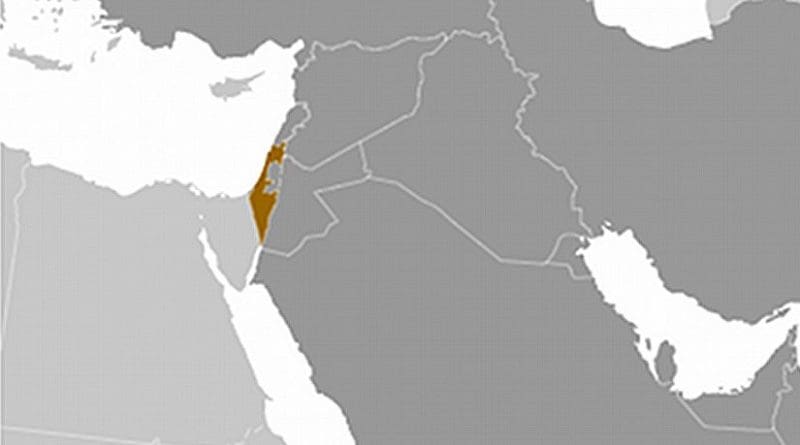Who Cares About Israel? – OpEd
By Paul Woodward - War in Context
There are two things that vex most American in equal degrees: the rise of anti-Semitism and the fate of Israel.
These two issues preoccupy ordinary people across this country in the same way — which is to say, very little.
Why would they? Jews are not a persecuted minority here — they seem to be doing fine. And Israel shares a common attribute with the rest of the world: it is not America.
Even during the best of times, the interests of Americans tend not to stray too far or long outside these borders. Most of the rest of the world is after all an ocean away.
And during these economically troubled times, that inward focus here has become even more entrenched, surpassing that in just about any other country.
In a recent Ipsos survey, 89 percent of Americans polled agreed that this country needs to focus less on the world, and more at home. Support for this sentiment was higher in the U.S. than in any of the other 23 countries surveyed.
Why then is it that the contestants for the GOP presidential primary nomination often seem like they are running for election to the Knesset?
There are competing theories.
Since 2008, Jewish support for Barack Obama has eroded and in swing states like Florida, a small shift in favor of the Republicans could be decisive. So the hunt is on for stray Jewish votes. But is that a hunt that should figure so prominently at a national level?
And then there’s a statistic Charles Krauthammer plucked — as far as I can tell — out of thin air: “98 percent of pro-Israeli Americans are gentile.”
Maybe he’s right — though a more interesting number is 41 percent. That’s the size of the minority of Americans of any faith who regard Israel as an ally of the United States.
Krauthammer’s point seems to be that Republican candidates have as much if not more interest in winning the Christian Zionist vote than in looking for support from the heavily Democratic Jewish community.
But there’s another factor here, a covert reason that American politicians of all political stripes see rewards in trumpeting their affection for the Jewish state — it is what might be called the 9/11 dividend.
Benjamin Netanyahu recognized the value of the 9/11 attacks when within hours of them taking place he said they were a “good thing” and they would “strengthen the bond between our two peoples, because we’ve experienced terror over so many decades, but the United States has now experienced a massive hemorrhaging of terror.”
In other words, Israel would in the minds of many Americans come to signify the antithesis of the Islamic threat. Support for Israel would become a coded way of expressing fear of Muslims and their religion.
Political correctness — which mostly serves as a finishing school for bigots — dictates that overt Islamophobia is reserved for those on the rabid right, like Pamela Geller, who have no shame in expressing bald hostility. But for those who harbor their fears more discreetly, the nemesis can be placed in the shadow of their declared affection.
To say how much one cares about Israel, says much more about how one views its neighbors. All this is about is cultivating solidarity and accumulating political capital through the promotion of fear.

